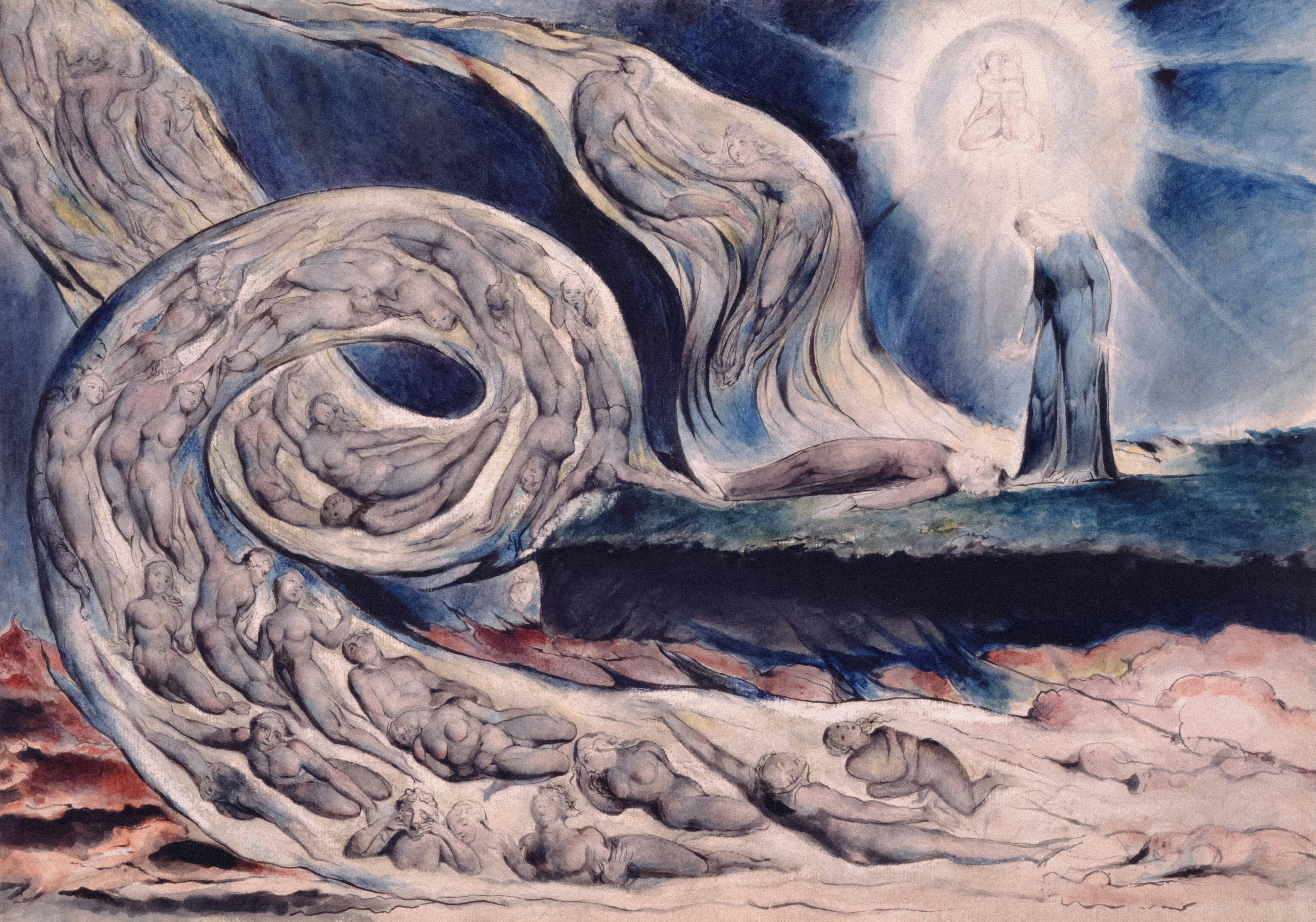Celebrities Growing Up Mormon: Jewel’s Journey

https://youtu.be/3S13RMC5Ixo
Introduction to Jewel
Jewel Kilcher, known simply as Jewel, is an American singer-songwriter, actress, and author, widely recognized for her poignant lyrics and distinctive vocal style. Born on May 23, 1974, in Payson, Utah, Jewel spent much of her formative years in Alaska, where she was raised in a close-knit Mormon family. Her upbringing in a religious environment significantly influenced her music and artistry, creating a distinctive perspective that resonates with many of her listeners.
Jewel rose to fame in the 1990s with her debut album, “Pieces of You,” which showcased her folk and pop influences. The album resulted in massive commercial success, selling over 12 million copies in the United States alone. This initial breakthrough established Jewel as a prominent figure in the music industry, and she has continued to evolve as an artist, releasing several albums that span various genres including pop, country, and even classical. Throughout her career, she has received multiple Grammy nominations, further solidifying her place as a significant celebrity in the entertainment realm.
Jewel’s relevance as a celebrity who grew up in a Mormon household adds a unique layer to her story. Her early life was characterized by traditional values and a strong emphasis on faith, which not only shaped her upbringing but also provided a reservoir of inspiration for her song lyrics. The contrast between her roots and the broader societal issues she addresses in her music illustrates the complexities of her life journey. By examining Jewel’s experiences as a young Mormon woman, one can gain insight into the challenges and triumphs she faced, ultimately reflecting on how these experiences have informed her as an artist and individual.

Jewel’s Early Life in a Mormon Family
Jewel Kilcher, known simply as Jewel, was born in 1974 in Payson, Utah, and raised in Alaska, where her family embraced the tenets of the Mormon faith. Growing up in a strict Mormon environment, Jewel was molded not only by the religious values of her family but also by the rugged lifestyle that characterized her surroundings. The Kilcher family lived on a homestead in Homer, Alaska, where self-sufficiency was more than just a skill; it was a way of life. This upbringing instilled in her the values of hard work, resilience, and a deep appreciation for nature.
In a household guided by the teachings of Mormonism, Jewel was exposed to the principles of community, devotion, and morality from a young age. Family gatherings were often imbued with spiritual discussions, echoing the emphasis placed on faith. Her mother’s strong belief system influenced Jewel’s sense of identity, and the family participated in various Mormon rituals and community events together. However, this strict adherence to religion sometimes created tension, especially as Jewel began to explore her personal beliefs and artistic inclinations. This desire for self-exploration was often met with resistance, highlighting the struggles that many young people encounter when reconciling family values with personal ambition.
Jewel’s upbringing also introduced her to traditional music and storytelling, elements that would later play a significant role in shaping her artistic expression. Despite the strict boundaries imposed by her family’s religious views, Jewel found solace in writing and music, using creativity as an outlet for her thoughts and feelings. This dual existence—a life rooted in Mormon values and a passion for artistic freedom—would significantly influence her future, as her journey as a musician often reflected the complexities of her early life. The contrasting forces of conformity and individuality became a central theme in her development, impacting her worldview and music career.
The Impact of Religion on Jewel’s Music
Jewel, the acclaimed singer-songwriter, is known for her evocative lyrics and unique musical style, all of which can be traced back to her upbringing in a devout Mormon family. Growing up in Alaska, she was exposed to the teachings and values of the Church of Jesus Christ of Latter-day Saints, which profoundly influenced her artistic expression. This cultural and religious background is woven into the fabric of her music, often reflecting themes of faith, morality, and personal identity.
Many of Jewel’s songs explore the intricate relationship between spirituality and everyday life, embodying a deep sense of morality derived from her religious teachings. Lyrics reflect not only her personal struggles and triumphs but also her quest for understanding within the constraints of her faith. The intersection of her Mormon upbringing and her desire for individuality often creates a narrative tension that resonates with listeners who may grapple with similar conflicts regarding belief and self-expression.
Furthermore, her early experiences singing in church and participating in religious gatherings cultivated her musical talents, shaping her as a performer. This foundation instilled in her a profound appreciation for storytelling through music, allowing her to craft songs that articulate a universal longing for connection and belonging. The themes of redemption, love, and inner strength prevalent in her work frequently echo teachings from her childhood, illustrating how her Mormon background continues to inform her artistic voice.
In many ways, Jewel’s music serves as a bridge between her personal experiences and her religious convictions, creating a rich tapestry that invites listeners to explore their beliefs. The impact of her religious upbringing remains a foundational element of her artistry, allowing her to connect deeply with audiences through her authentic expression of faith and identity.

Navigating Between Two Worlds
Jewel Kilcher, known widely by her first name, emerged from her roots in Alaska with a unique perspective shaped significantly by her upbringing within the Mormon faith. Growing up in a strict yet nurturing household, Jewel faced the challenge of reconciling her religious upbringing with her aspirations in the music industry. This tension is common for many individuals raised in structured environments, especially when navigating the often unpredictable landscape of creative professions.
As she matured, Jewel’s passion for music flourished, prompting her to pursue a career that significantly diverged from the expectations set forth by her family and community. The artistic expression inherent in music clashed with the conservative values of her upbringing, leading to internal conflicts about identity and purpose. Jewel’s desire to carve out her own path often felt at odds with the expectations of a faith that emphasizes tradition and conformity.
Moving away from Alaska, Jewel’s transition into the music industry forced her to confront these tensions head-on. She found herself grappling with the need for artistic freedom while simultaneously feeling a sense of responsibility to her family’s beliefs. Leaving home was not merely a physical relocation; it symbolized a profound shift toward self-discovery and independence, which often attracts criticism from those who hold traditional values close to heart. Jewel’s journey exemplifies the balance many artists must achieve, blending the influences of their past with their aspirations for the future.
Ultimately, Jewel’s experiences highlight the complexities involved in navigating between two distinct worlds: her deeply-rooted Mormon upbringing and her evolving identity as a musician. This duality has shaped not only her artistic output but also influenced her worldview, enabling her to contribute to the rich tapestry of popular culture while maintaining a connection to her origins.

Public Perception and Celebrity Status
As a prominent artist, Jewel’s celebrity status has inevitably shaped public perception of her identity, particularly concerning her Mormon faith. Raised in a strict environment, her upbringing within the Church of Jesus Christ of Latter-day Saints (LDS) played a significant role in forming her values and worldview. However, as she transitioned into a successful music career, the challenge of balancing her faith and public persona became increasingly complex.
The general perception of a Mormon artist is often steeped in stereotypes. Many assumptions arise around their lifestyle, music, and beliefs, which may not accurately reflect the individual’s personal journey. Jewel, with her folk-inspired sound and poignant lyrics, both challenged and embraced certain aspects of those stereotypes. She often found herself in a unique position, representing not only herself but also a broader community often scrutinized or misunderstood in the public eye.
Jewel’s navigation of these intricate dynamics demanded a degree of transparency and authenticity. As she achieved fame, her relationship with the Mormon community and her faith underwent scrutiny. For many fans and critics, her artistic expression was perceived through the lens of her upbringing, attempting to reconcile how her evolving identity aligned with traditional Mormon values. Jewel’s open discussions about her struggles with faith and spirituality provided a candid glimpse into the challenges faced by other religious artists seeking to remain true to their roots while embracing their independence.
Ultimately, Jewel’s journey illustrates a balancing act between celebrity status and faith. By embracing her identity while also challenging stereotypes, she has created a unique space for dialogue around the intersection of celebrity culture and religious life. This complex relationship continues to evolve as she shares her story, inviting both understanding and reflection from audiences across the globe.

Jewel’s Evolving Perspective on Faith
Jewel Kilcher, known professionally as Jewel, has navigated an intricate journey concerning her faith and spirituality, particularly in relation to her upbringing in the Mormon church. Growing up in Alaska, she was deeply immersed in the church’s teachings during her formative years. However, as she matured and ventured into the world of music and public life, her relationship with her faith underwent significant changes. Jewel has openly reflected on how her life experiences have helped redefine her beliefs, emphasizing the importance of personal exploration over rigid dogma.
In various interviews, Jewel has articulated her struggle with certain aspects of organized religion. She often expresses a sense of disconnection from some of the traditional doctrines she was taught as a child. This shift comes from her desire for a more open and inclusive understanding of spirituality. Jewel’s artistic journey and the connections she forged with diverse people and cultures have undeniably influenced her evolving faith perspective. As she traveled, meeting individuals from various backgrounds, her appreciation for different spiritual practices expanded, fostering a sense of unity and shared humanity she had not fully recognized before.
Moreover, Jewel’s narrative reflects broader themes of personal growth and self-discovery, resonating with many individuals questioning the teachings of their childhood faiths. She emphasizes that spirituality is a deeply personal journey rather than a one-size-fits-all belief system. This realization has led her to advocate for a more flexible, individualized interpretation of faith, encouraging others to find their paths. Jewel’s transitioned views highlight the transformative power of life experiences, underscoring that faith can evolve into something deeply personal and meaningful, rather than conforming strictly to conventional frameworks.

Influence on Other Artists and the Mormon Community
Jewel’s journey from a small-town upbringing in Alaska to international stardom serves as an inspiring narrative not only for her fans but also for other artists, both within and outside the Mormon community. Her openness about her experiences growing up Mormon has provided a unique platform that encourages dialogue surrounding faith, creativity, and individual expression. Jewel’s ability to weave her spiritual background into her artistry has led many to resonate with her story, inspiring a wave of artistic exploration among her peers.
Within the Mormon community, Jewel’s success stands as a testament to the potential for diverse paths in life, contrary to conventional expectations. Many emerging artists in the community have cited her as a pivotal influence, encouraging them to embrace their creativity without fear of judgment. Jewel’s distinct blend of folk and pop music, coupled with her poetic lyrics, illustrates how one can fuse personal beliefs with artistic output, allowing for a richer storytelling experience. This sharing of her journey inspires other artists to explore their unique narratives and contribute to a broader understanding of the human experience.
Moreover, Jewel’s impact extends beyond the confines of the Mormon community. Her fearless embrace of vulnerability has resonated with artists across genres who may grapple with their identities. By openly discussing her challenges and triumphs, Jewel empowers others to explore their artistic voices while remaining true to their backgrounds. This cultural shift is a reminder that one’s journey—regardless of upbringing—can lead to meaningful connections and artistic endeavors.
In summary, Jewel’s influence on both the Mormon community and the broader artistic landscape showcases how personal experience can serve as a powerful catalyst for creativity, inspiring many to traverse diverse paths in their quests for spirituality and self-expression.

Lessons Learned from Jewel’s Journey
Jewel Kilcher, known simply as Jewel, is a remarkable figure in the music industry whose journey from a small Alaskan town to international stardom carries profound lessons. Her upbringing in a strict Mormon community shaped not only her values but also her identity as an artist. One significant lesson from her story is the importance of authenticity. Despite facing considerable pressure to conform, Jewel chose to remain true to herself, a decision that ultimately fostered her unique voice. This serves as an important reminder to individuals navigating their own identities amidst societal expectations.
Another critical theme emerging from Jewel’s experiences is self-acceptance. Growing up, Jewel struggled with the constraints of her environment and the judgment that often accompanies a non-traditional path. Through her struggles, she learned to embrace her individuality and recognize her worth beyond external validation. This journey towards acceptance resonates deeply with many people who have faced similar dilemmas in their formative years, showing that it is possible to find strength in one’s differences.
The concept of resilience is also present in Jewel’s narrative. She encountered numerous challenges, including familial pressures and career obstacles, yet she persevered. This resilience is a crucial takeaway for anyone navigating difficult circumstances; it highlights the power of persistence in the face of adversity. Jewel’s path illustrates that while hardships are inevitable, they can lead to profound personal growth and new opportunities.
Finally, Jewel’s story emphasizes the importance of community and support networks. Throughout her journey, she found solace in the connections with others who shared similar experiences. Building a supportive community can significantly impact one’s journey toward self-discovery and acceptance. Ultimately, Jewel’s journey serves as an inspiration for those grappling with their own challenges of identity, authenticity, and acceptance in a complex world.

Conclusion: Jewel’s Legacy as a Mormon Celebrity
Jewel Kilcher, renowned for her profound voice and evocative songwriting, stands as a unique figure in the landscape of contemporary music, particularly due to her upbringing in the Mormon faith. Her formative years spent within the confines of this religious community not only shaped her artistic voice but also influenced her perspectives on life, love, and spirituality. Jewel’s journey serves as a testament to the intricate relationship between faith and artistry.
Throughout her career, Jewel has demonstrated an unwavering commitment to authenticity, which resonates deeply with her fans and listeners. While she gained fame through powerful ballads and folk-infused melodies, her Mormon roots often surface in her lyrics, reflecting themes of introspection, morality, and the search for identity. This connection to her religious background underlines the impact of her upbringing on her artistic expression. By publicly discussing aspects of her faith, Jewel has encouraged open dialogue about the Mormon experience, dispelling stereotypes and fostering greater understanding.
Beyond her musical contributions, Jewel’s influence extends to her philanthropic endeavors and advocacy work. She has utilized her platform to address issues such as mental health and environmental conservation, embodying the principles instilled in her through her upbringing. Her efforts illustrate the broader implications of faith as a guiding force, motivating her to enrich the lives of others while remaining true to her roots.
In celebrating Jewel’s legacy as a Mormon celebrity, one can appreciate the nuanced ways in which her faith has contributed to her success. Her journey exemplifies the intersection of religion and artistry, offering an inspiring narrative for both aspiring musicians and those exploring their own spiritual paths. Jewel’s story continues to resonate, reminding us of the powerful role that childhood experiences and belief systems play in shaping individual destinies.












